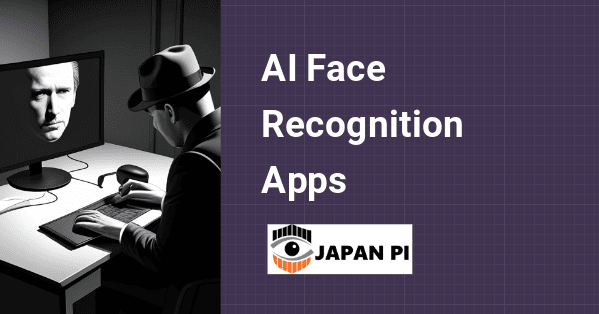Face recognition technology introduces a visual element that enhances the search experience. With this tool, users can verify the identity of potential online catfish.
This article will present the best search engines for 10 FRT (a technology for recognizing faces).
Face Recognition for Identity Verification
With the rise of online transactions and digital platforms, identity verification is becoming increasingly important. Face recognition technology can provide an additional layer of security by verifying the identity of individuals based on their facial features. This can be applied in various scenarios, such as secure login processes, access control, or preventing identity fraud.
Top 10 FRT Search Engines
Here are the top 10 Facial Recognition Technology (FRT) search engines. Both free and paid options are available, with the paid services generally offering more advanced features.
Free Services
FaceCheck.id https://facecheck.id/
Internet dating websites with a lot of traffic can have long waiting times. You must also declare that you will not use the information you obtain through this website to confront, harass, stalk, or blackmail someone.
TinEye https://tineye.com/
TinEye is another facial recognition search engine that uses reverse image search for accurate results. It is fast and precise, and you can use it immediately on your phone or PC to save time and space.
Google https://www.google.com/
Google Image Search is one of the countless features that Google provides. It doesn’t use facial recognition when searching for photos but can help you find similar images.
Yandex https://yandex.com/
Yandex is comparable to Google’s image search if you’ve ever used it. It can swiftly search images, allowing you to save time.
Bing’s image recognition technology can recognize many images and give you speedy results. It is entirely cost-free, and the search engine has moved on after changing its name from Bing to Microsoft Bing.
Pinterest https://www.pinterest.com/
Pinterest has a reverse image search option that you can use to find similar photos or faces.
Paid Services
PimEyes https://pimeyes.com/
PimEyes is a search engine that utilizes reverse image searching and can quickly pull information about any image from its enormous database.
PrpFaceFinder https://profacefinder.com
ProFaceFinder is precise facial recognition software powered by advanced AI technology. It’s the perfect tool for instantly searching through billions of face images online and finding the person you’re looking for across various platforms, including dating sites, social media, and criminal records.
Betaface https://www.betaface.com/
Betaface analyzes multiple elements of the face, including age, attractiveness, and various facial expressions and emotions. You can use the tool to compare faces, look up famous people and look up Wikipedia.
Image Raider https://infringement.report/
Image Raider is an easy-to-use image recognition tool for legal companies, photographers, and developers. A free trial is available so you can decide if it’s worthwhile.
Social Catfish https://socialcatfish.com/
Social Catfish is a tool that provides you with all the data related to the image of the person you have uploaded using the platform. It scans image metadata and device information, looks for scammers’ identities across social media platforms, and more.
Challenges and Considerations in The Use of FRT Searches
While face recognition in online searches brings tremendous potential, it raises significant concerns regarding privacy and ethical implications. Some of the critical challenges associated with this technology include:
1. Privacy and Consent: Face recognition technology raises concerns about collecting and storing individuals’ facial data. Striking a balance between convenience and privacy is crucial to ensure users’ consent and protect their sensitive information.
2. Bias and Discrimination: Face recognition algorithms have faced criticism for biases and inaccuracies, particularly regarding racial and gender recognition. Deploying such technology in online search requires rigorous testing and continuous improvement to address these issues.
3. Ethical Use: The responsible use of face recognition technology is paramount. It is essential to establish clear guidelines and regulations to prevent misuse or abuse, such as unauthorized surveillance or tracking of individuals without their consent.
Conclusion
The use of face recognition technology has transformed the way we search and engage with digital content online. It is also helpful in verifying the identity of scammers or accomplices for the private investigative industry.
However, addressing the challenges associated with privacy, bias, and ethical considerations is crucial to ensure this powerful technology’s responsible deployment and use. With careful regulation and continuous advancements, face recognition in online searches has the potential to shape the future of information discovery on the internet.




